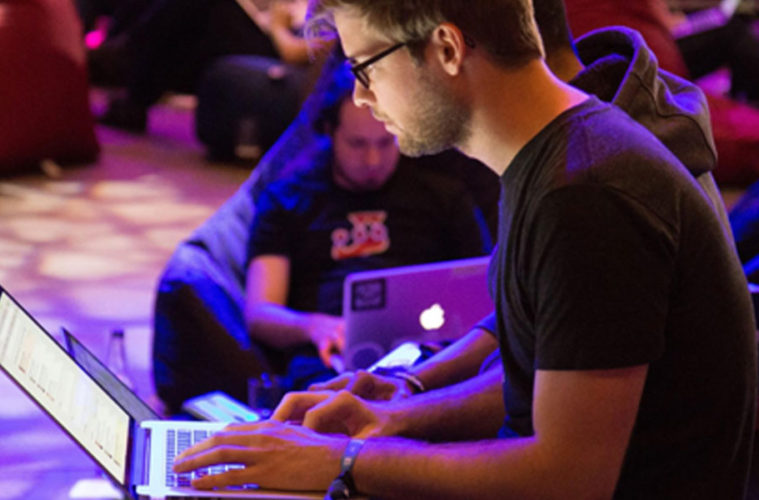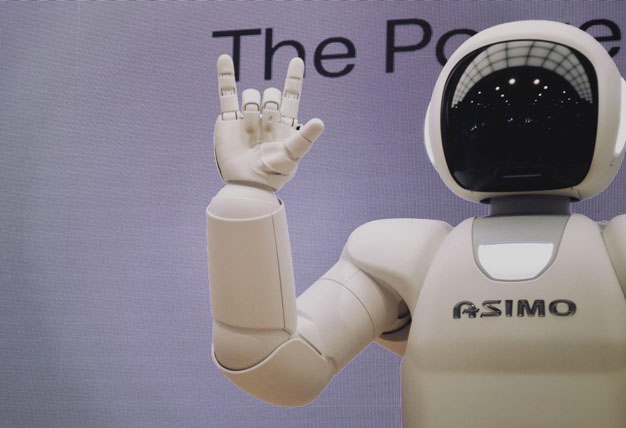Top Ways to Use Artificial Intelligence in Education
Artificial intelligence (AI) and machine learning are beginning to have an impact in the field of education and are likely to change what the future may look like. Most experts agree that the presence of a teacher will remain critical. What will change is the best practices and how teachers do their jobs.
Artificial intelligence will be able to take some of the pressure off teachers by streamlining admin tasks and driving efficiency. It will give teachers more time to do what they do best – provide understanding. The vision is for machines and teachers to work together to provide the best education for students.
Differentiate and personalize learning
Personalized learning means optimizing the instructional approach and the pace of learning to suit each learner’s needs. This is difficult for teachers who often have to manage 30 students in a class. AI can adapt to each student’s individual pace and keep offering slightly more complex tasks.
Various adaptive learning programs, software and games are already in use. These systems respond to the individual student’s needs. They repeat what hasn’t yet been assimilated, put greater emphasis where needed and give students the opportunity to work at their own pace, whether they are slow or fast learners.
This type of custom education could help students at different levels to work together in one classroom. The teacher would facilitate the learning and give help and support.
Automate administrative tasks
Teachers spend much of their time grading tests and homework. Even in the lower grades, grading takes up time that could be spent interacting with students. It’s already possible for teachers to automate grading for multiple choice tests and fill-in-the-blank tests.
Soon it is likely to be possible to automatically grade students’ essay writing. Software that can be used to grade an essay is still in development but as it improves it will free up time so teachers can focus on more academic tasks.
Use virtual facilitators
Virtual facilitators can offer a useful service in an educational setting. This is already in practice at the Georgia Institute of Technology where teacher’s assistant, Jill Watson answers students’ requests.
Jill was developed to process the high number of forum posts written by students who were taking an online master of science in computer science course. A number of the students did not realize that Jill was a computer with an IBM-based AI system.
Improve feedback
Some schools, especially those who offer online courses, use AI systems to monitor student progress. If there’s an issue with student performance, they alert a professor. This not only helps students to receive support when they need it but professors can identify where students struggle with subject matter and decide whether to make improvements to instruction.
Using AI-driven chat robots can improve the quality of feedback received by teachers. It collects opinions by using a dialog interface and can adapt to the answers and personality of a student. It can even discover the reasons for an opinion, filtering out obscenities and personal insults that may sometimes occur when students rate teachers.
Make global classrooms possible
AI tools make global classrooms possible. It can break down divisions between traditional grade levels and between schools. Students who speak different languages and those with hearing or visual impediments can be taught together.
One such tool is Presentation Translator, a free plug-in for PowerPoint. When a teacher speaks, it will write subtitles in real time. This could help students who can’t attend school because they are ill. AI systems offer students the potential of being able to learn from anywhere in the world and at any time.
Tutor and support students outside the classroom
Affordable tutoring and study programs have the potential to support students who are studying for tests or battling with their homework. The ones that exist currently can help students through basic mathematics and the basics of other subjects.
So far, they are not ideal at helping students with higher-order thinking. As a writer of an essay assignment, AI would fail due to an inability to exercise creativity, higher thinking. However, with the rapid advances in technology we’ve seen in the past decades, advanced tutoring systems are a possibility.
Change how schools find, teach, and support students
The way colleges interact with students is changing, thanks to gathering of smart data, powered by intelligent computer systems. The way students are recruited, what courses they choose and more is able to be customized more closely to the needs and goals of students.
Initiatives are already underway at some schools to help navigate the transition between high school and college with AI-guided training.
The college selection process is also likely to change as AI systems are being developed to recommend the best programs. These systems could also help students to choose majors based on their strengths.
In Victoria, Australia, the University of Deaken is developing a chat campus using the intelligence from Watson, IBM’s supercomputer system. AI chat campus bots will help students to find out how to apply for classes, get assignments, find lecture halls, get parking and more.
Last word
Artificial intelligence won’t take away from the essential role of the teacher. However, what that role is and how teachers function will change as new technology in the form of AI takes over more menial tasks, such as grading, and even provides virtual assistance and tutoring.
Many AI applications are in the process of development, such as AI mentors for learners, smart content development and virtual global conferences for teacher development. What we can be sure about is that the future of education is likely to look very different from what it is now thanks to the use of artificial intelligence.





